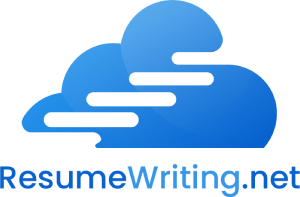In today’s competitive job market, your resume is crucial. It’s your opportunity to make a great first impression on potential employers by showcasing your skills, experiences, and career journey. When it comes to listing your work history, the question arises – how many jobs should you include? Is there an ideal balance between providing thorough information and keeping it concise? Let’s explore the ins and outs of creating an impactful resume.

Quality Over Quantity
It can be tempting to list every job you’ve had on one sheet of paper. However, quality is more important than quantity. Rather than aiming to include a certain number of jobs, focus on highlighting the most relevant and meaningful experiences. Customize your resume for the specific role you’re applying for, emphasizing positions that showcase skills and accomplishments relevant to the job description.
Consider the “Rule of Three”
Consider the three most important jobs you’ve had. Many career experts suggest including just the three most recent and relevant positions on your resume. This approach gives a clear summary of your recent work experience while leaving space for other key sections like skills, education, and accomplishments. However, this guideline isn’t a strict rule – it may vary based on your situation.
Highlight Your Career Path
Instead of listing all your past jobs, focus on showcasing a clear progression in your career. Include positions that demonstrate growth, increased responsibility, and relevant skills development. This shows potential employers that you’re capable of taking on new challenges and advancing within their organization.
Mind the Age Difference
Different generations may approach writing their resumes in different ways. Younger professionals may have shorter work histories, so they can include more entry-level jobs, internships or freelance gigs. Experienced professionals with years of experience, on the other hand, may need to be more selective and focus on recent roles that are most relevant to their current career goals.
Highlight Relevant Experience
When deciding which jobs to include, prioritize relevance over how recent the job was. If you’ve had positions that are not directly related to the job you’re applying for, consider whether they still offer skills or experiences that could benefit your application. If not, it may be best to leave them off your resume or briefly mention them in a separate section.
Addressing Employment Gaps Thoughtfully
If you have significant gaps in your work history, it’s important to address them openly and honestly. Rather than trying to hide or minimize these gaps, explain the reasons behind them. Use your resume to highlight any relevant activities or experiences you had during these periods, such as volunteering, freelancing, or continuing your education.
Tailoring Your Resume for Each Application
Generic resumes are no longer effective. To improve your chances, customize your resume writing for each job you apply to. Review the job description carefully, identify the key skills and qualifications they’re looking for, and align your resume accordingly. By tailoring your resume to each specific role, you can ensure you’re highlighting the most relevant work and experiences.
Seek Feedback
Before finalizing your resume, consider seeking feedback from trusted mentors, colleagues, or professional resume writers. They can offer valuable insights and suggestions for improving your resume, such as which jobs to include or omit. Don’t hesitate to revise and refine your resume based on this feedback until you feel confident it effectively represents your skills and experiences.
In short, there’s no universal rule for the number of jobs to list on your resume. Instead, focus on highlighting the most relevant and impactful experiences that demonstrate your suitability for the position. By crafting a tailored resume and knowing what to put on a resume that showcases your career progression, relevant skills, and achievements, you’ll increase your chances of standing out to potential employers and securing the interview opportunities you desire.

